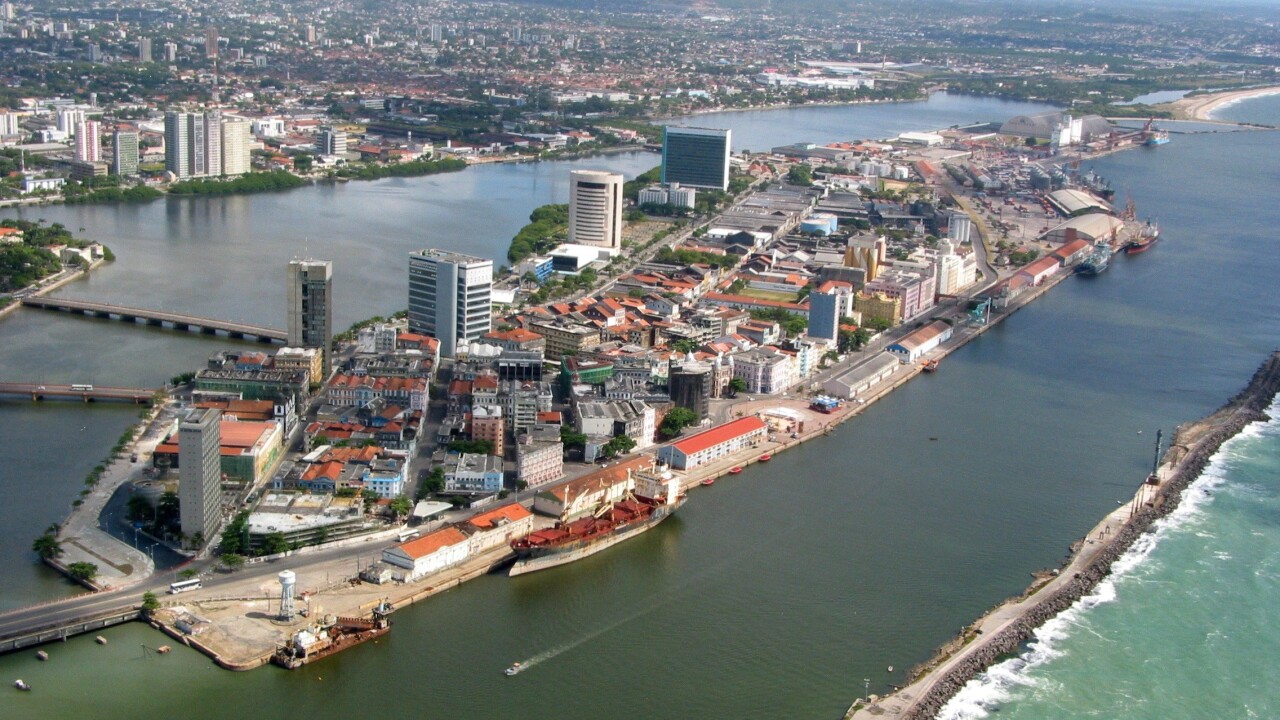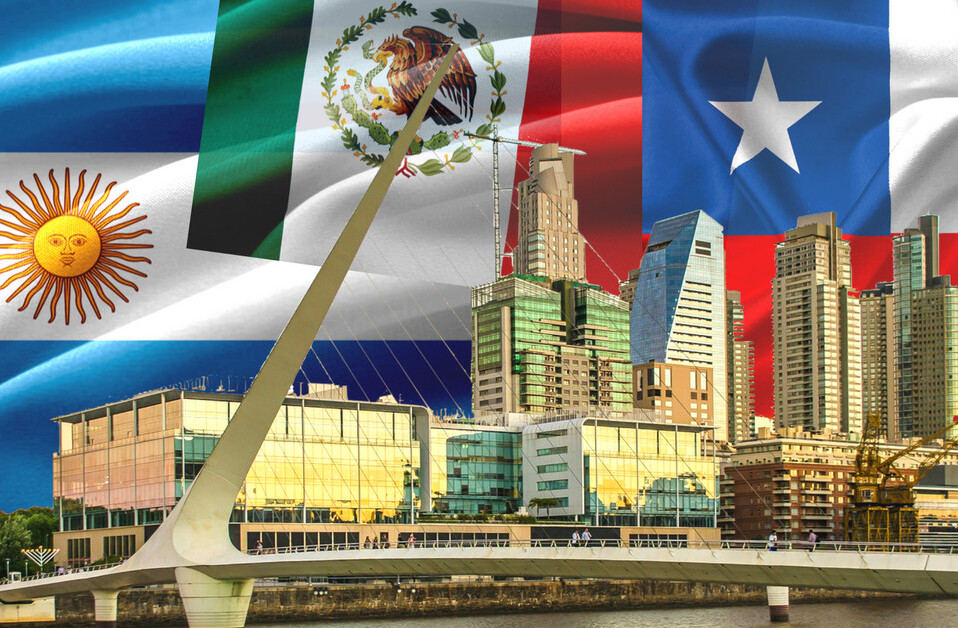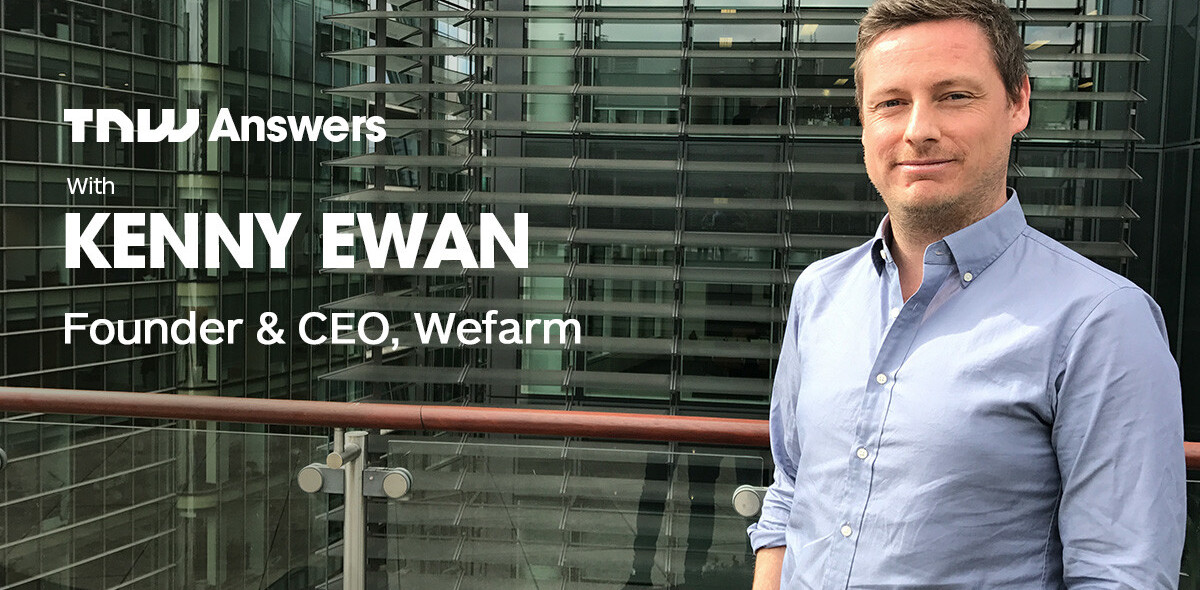
Did you know that the majority of Brazilians who work for Microsoft in Redmond come from the city of Recife, in Northeast Brazil? You won’t be surprised anymore once you find out more about Recife Center for Advanced Studies and Systems, better known under the Portuguese acronym C.E.S.A.R.
C.E.S.A.R, which just turned 15, is one of the most impactful private initiatives in Brazil. It transformed Recife, where it now forms part of an important tech cluster called Porto Digital, but it also changed its region and even the whole country. The importance of its contribution has already been acknowledged by several awards. C.E.S.A.R was twice considered the Most Innovative Science and Tech Institution in Brazil by the Federal organization FINEP, in 2004 and 2010. Actually, C.E.S.A.R would probably get this award almost every year hadn’t it decide to apply only every five years. I asked C.E.S.A.R’s Chief Scientist Silvio Meira and CEO Sérgio Cavalcante to share some of the stories behind its success.
Silvio Meira, one of C.E.S.A.R’s main founders may be about to retire from his academic role, but he is so busy that he hasn’t had a chance to sort out the paperwork yet. In fact, Silvio, Personality of the Year 2010 in Economics according to the newspaper O Globo, plans to remain just as busy once he retires. He will dedicate himself to private activities, including seed funding. However, he makes it very clear that he will stay in Recife: where else in the world could he perform his beloved maracatu, this music and dance performance genre so typical from Northeast Brazil?
Why and how C.E.S.A.R was created
 It all started at the Computer Science Department of the Federal University of Pernambuco, UFPE, created in 1974. A group of teachers, including Silvio Meira, took an unusual initiative in 1985: instead of making plans for the next two or five years, they decided to elaborate on a 15-year plan with ambitious goals. They determined that by 2000, the Department should have twenty PhD teachers; at that point, there were only four. They understood that such a framework was necessary if they wanted to create world-level knowledge and train a highly qualified workforce in the region.
It all started at the Computer Science Department of the Federal University of Pernambuco, UFPE, created in 1974. A group of teachers, including Silvio Meira, took an unusual initiative in 1985: instead of making plans for the next two or five years, they decided to elaborate on a 15-year plan with ambitious goals. They determined that by 2000, the Department should have twenty PhD teachers; at that point, there were only four. They understood that such a framework was necessary if they wanted to create world-level knowledge and train a highly qualified workforce in the region.
The first class to follow this curriculum graduated in 1992. It was both a success and a failure: they were highly skilled professionals, but the local companies didn’t see the opportunity they represented and didn’t hire most of them. The majority of these newly graduated Doctors joined companies in other Brazilian states or abroad. This certainly wasn’t what the UFPE teachers had planned. Silvio Meira didn’t want people to leave the region simply because they didn’t have a choice: it should be their decision. To answer this problem, they decided to create an incubator called BEAT (a tribute to the Mangue Beat cultural movement). Again, it was both a success and a failure: dozens of software production companies were born, but they failed commercially because the regional market wan’t developed enough.
This is how C.E.S.A.R was born in 1997, with a different approach: rather than organizing call for projects with guidelines it determined, it decided that the ideas had to come from the companies themselves. All projects had to answer specific problems identified by C.E.S.A.R clients.
What C.E.S.A.R does
Nowadays, C.E.S.A.R is based on 3 pillars, the “3E”: Engineering, Education and Entrepreneurship. According to its CEO since 2002, Sérgio Cavalcante, it’s the only self-sustained institution in the world to conduct all these activities. The fact that it’s self-sustained forces it to be much more efficient. Its resources come from the projects it develops for its clients, the classes it delivers via C.E.S.AR EDU, the earnings of the companies it creates and the profits it makes when it sells some of its shares in these ventures.
The Entrepreneurship pole changed slightly since C.E.S.A.R was launched: while 13 ventures were born from clients’ demands, since 2007 there’s also space for projects that were born in-house. This is the Garage project: C.E.S.A.R’s 430 collaborators can bring their own projects and develop them. If they are considered to have potential, they become companies. So far, four ventures were created from Garage projects.
Clients of C.E.S.A.R include big companies such as Microsoft, Motorola, Nokia, Alcatel, Dell, LG, Banco do Brasil and Petrobras. The concept behind it is Open Innovation: according to Sérgio Cavalcante, unless companies have huge R&D departments, they won’t have the same diversity and vision that a center such as C.E.S.A.R offers.
More often than not, contracts are signed with the Brazilian subsidiary but the end client is abroad, in China, India, Europe, Israel, the US or Angola. C.E.S.A.R also has partnerships with foreign research centres and universities: exchanges of professionals took place with the Indian Institute of Technology and Stuttgart’s IAS (Embedded Systems is one of C.E.S.A.R’s knowledge areas).
C.E.S.A.R also took part in the Digital TV project launched by the EU. It involved 20 European institutions and 6 non-European ones, at a time when Brazil was more advanced than other countries on the topic. C.E.S.A.R contributed to the project and also learned a lot from it. Although the technical standards are different, it helped C.E.S.A.R create the first interactive TV channel in Brazil, around 2006 Soccer World Cup. This also gave it enough knowledge to participate in the definition of Brazil’s own digital TV standard a few years later.
As for C.E.S.A.R’s ventures, in most cases their clients are also located outside Northeast Brazil – often abroad – but the proportion depends on their core business. While some work for 75 different countries, others such as Pitang have more clients in Brazil, because the national market for software is huge.
How IT Cluster Porto Digital changed Recife
 About ten years ago, C.E.S.A.R moved to a different area of Recife, joining the newly created IT cluster Porto Digital. A group of professors and entrepreneurs realized that C.E.S.A.R still wasn’t enough to develop the local industry. It managed to convince the State of Pernambuco to invest in the infrastructure needed for an innovation cluster; since then, the Federal government and the municipality have also boarded the project. It had a very positive impact on C.E.S.A.R, and vice-versa.
About ten years ago, C.E.S.A.R moved to a different area of Recife, joining the newly created IT cluster Porto Digital. A group of professors and entrepreneurs realized that C.E.S.A.R still wasn’t enough to develop the local industry. It managed to convince the State of Pernambuco to invest in the infrastructure needed for an innovation cluster; since then, the Federal government and the municipality have also boarded the project. It had a very positive impact on C.E.S.A.R, and vice-versa.
Porto Digital is now considered the best Brazilian cluster by several different entities, including A.T. Kearney. It welcomes 173 entities, 143 of which are companies, and 6,500 IT professionals. It has an annual turnover of R$700 millions, around US$431 million. It also had a huge impact on the region: in 2001, IT represented 1.6% of Pernambuco’s GDP. It now weighs 4% of a GDP that grew even faster than Brazil’s GDP during the same period. Porto Digital’s goal is to reach 10% by 2020.
It also deeply transformed the area of Recife it is based in: it is an urban cluster, based in an area where there are also restaurants, shops and other activities. But at the time Porto Digital was created, it was extremely devalued because the nearby Suape’s port had become much more important than Recife’s urban port. In 2001, only three companies were based there; Porto Digital greatly participated to revitalizing this area.
Besides its highly positive impact on Recife and Pernambuco, it is also very beneficial for Brazil: the country isn’t fully exploiting its potential if everything is centralized in Sao Paulo and Brasilia. As Silvio Meira says, what Brazil needs is “a network of peaks”.
SiliconReef, a success story from C.E.S.A.R
Silicon Reef is about to leave C.E.S.A.R and move to independent facilities within Porto Digital. According to the company’s CEO Marilia Souto Lima, it went through C.E.S.A.R’s whole cycle: It started there as a project, was formally incorporated in 2007 and is about to take its full independence. The green company is specialized in low-power integrated circuits; what its chips do is treat the energy coming from solar panels and make sure it is optimally caught. Its potential clients are solar panels’ manufacturers and any company whose products, for instance cell phones, include such panels.
![]()
Its success came in various steps since its creation. In 2008, it received public funding which made it possible to hire a team. In 2009, its business model won Challenge Brazil, which meant that it would also take part in the world finals in 2010. Although it didn’t win this DFJ and Cisco Global Business Plan Competition, VC firm DFJ decided to conduct due diligence at SiliconReef in 2010. However, at the moment the company has chosen another option: it will receive undisclosed funding in July from Brazilian fund Criatec.
The company now has two options: license its technology or produce and sell the chip directly. It is leaning towards the second option, at least for now; the production started in Germany in January this year and will start being shipped to clients in January 2012. SiliconReef doesn’t have an office in Germany but it recently hired a representative for the US.
It also had to open a commercial office in Sao Paulo because it’s the city potential clients or foreign manufacturers visit when they come to Brazil: commercially, Northeast is still not the place where business takes place. Nevertheless, SiliconReef is a success story that wouldn’t have happened without C.E.S.A.R. This is also where its credibility came from, and it will be glad to keep on using its infrastructure until July 2012.
How the future is looking
C.E.S.A.R itself is aware of the need to have commercial offices in other regions, since 98% of its turnover doesn’t come from Pernambuco. It has a business office in São Paulo and a branch in Sorocaba (State of São Paulo). It also opened a branch in the Southern city of Curitiba, called C.E.S.A.R Sul (“C.E.S.A.R South”), to target the local companies. This was made necessary by C.E.S.A.R’s innovation process which requires the ability to detect problems on behalf of their clients and address them across Brazil. It is also considering opening other offices in the country. As for an office abroad, this has been postponed for the time being because the demand is diluted: where should the office be based? For now, C.E.S.A.R opted for addressing it remotely, but doesn’t exclude further partnerships with foreign institutes.
C.E.S.A.R is still convinced of Recife’s assets: besides its sunny climate, the fact that it is relatively small compared to São Paulo makes it easier to interact with the State and the local companies. It now has a highly qualified IT workforce, which keeps on growing: there are 20 Computer Science graduate programs and 6 postgraduate ones. Recife also benefits from Porto Digital’s cluster and a strong local entrepreneurship tradition.
As for ventures, C.E.S.A.R recently created C.E.S.A.R PAR (for “Participations”), to manage its participations in the companies it created so far. These can take different forms: C.E.S.A.R can choose to become the main stakeholder, look for external VCs and capital or sell the company altogether. It also plans to relaunch its Garage project which had temporarily stopped in 2009 due to the financial crisis. It is now looking internally for new ideas and will select two that it will develop. This is a relatively conservative goal partly due to some macroeconomic uncertainties, including inflation and exchange rate, but show the will to keep on innovating and launching new ventures nevertheless.
According to Silvio Meira, Brazil’s infrastructure problems exist and have to be addressed, but this mustn’t take the focus off the fact that companies should be working as well as they can within the existing system. Brazil has to be prepared to compete with other assets than hard and soft commodities such as oil and sugarcane: the current deficit with regard to electronics is 2.7 times higher than the surplus from soya. This is what Silvio Meira and his colleagues discovered more than fifteen years ago when they started the process that led to C.E.S.A.R’s creation. The country now needs to keep on innovating on a larger and faster scale.
Silvio Meira describes himself as “an optimistic and objective pessimistic person” – but with regard to C.E.S.A.R, Porto Digital and IT in Brazil, he is simply “very optimistic”.
Get the TNW newsletter
Get the most important tech news in your inbox each week.



